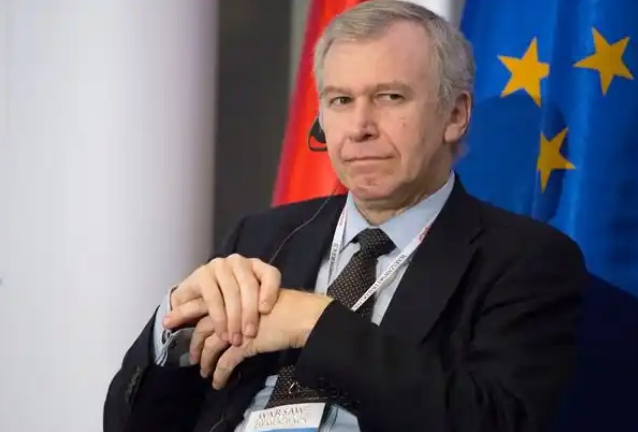
The former chief investigator for UEFA has suggested that the Premier League have a ‘stronger case’ against Manchester City than the European governing body did when the Blues were initially banned from competing in Europe for two seasons.
On Monday, the Premier League announced that they had charged City with more than 100 breaches of league rules, with breaches allegedly coming across the last 14 years. Several of the breaches relate to finances, and the Blues – if found guilty – potentially face fines, points deductions and even expulsion.
It comes three years after City were slapped with a two-year ban from European football and a €30million fine by UEFA for breaching their Financial Fair Play regulations back in 2019. However, in 2020, the Court of Arbitration for Sport (CAS) overturned the ban from European football, with the club instead forced to pay €10m for failing to cooperate.
The charges brought by the Premier League will not be under the scope of CAS. Instead, any punishment would be decided by an independent commission. Yves Leterme, who led UEFA’s investigators against City, has suggested that the fact City cannot appeal to CAS makes the Premier League’s case stronger.
“That would make this case stronger. And then there is another element: the scope of the complaint is now broader than that at UEFA. Both in time and in substance,” Leterme told Sporza.
“Especially because the Premier League does not have to adhere to the same strict limitation periods as we do. We encountered a period of five years, which meant that we could not use important elements.
“There was a total lack of transparent flow of financial information. With a battery of lawyers, they did everything they could to counter the work of our auditors. In addition, it turned out that money from sponsorship was actually paid by the owner.
“Finally, there were also the ambiguities surrounding contracts. However, thanks to emails and bank statements, we had hard evidence.
“The problem, however, was that UEFA’s ruling could be contested with an arbitration committee, which does not fall under the real judiciary. Those arbitrators are always drawn from 10 to 12 of the same people and can reduce the sentence because they consider it too severe.”








